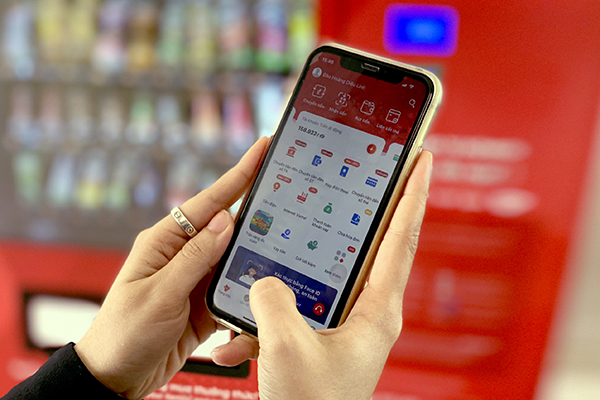
Sandbox mechanism refers to new technologies, products, services and business models. It is done in an environment in which technology firms carry out experiments under certain limitations. The trial will provide information to management agencies to decide whether to continue or stop the models and create official legal frameworks.
Using laws to define rules to deal with new issues arising from the application of new technologies in the 4.0 industry revolution is a challenge. The applications can have a strong impact and the current management mechanism may not be able to catch up with it.
In many business fields, new technologies have been applied to make production and business more effective. In this case, current management methods cannot work because policies emerge more slowly than practice and sandbox is a good solution.
“It is not feasible to require state management agencies to design policies for the future. In other countries, the sandbox mechanism is applied, under which businesses are allowed to deploy new models, but within restricted areas,” said Nguyen Trung Chinh, chair of CMC.
Mobile Money: sandbox testing agent
The Prime Minister has decided to permit Mobile Money, or payments made for less valuable goods and services via telecom accounts on a trial basis for two years.
This is the first kind of service to apply the sandbox mechanism.
Mobile Money is expected to help develop non-cash payments and strengthen access and use of financial services, especially in rural, mountainous, remote areas, and border areas and islands.
Businesses can only provide Mobile Money services to transfer money and make payment for legal goods and services in Vietnam in accordance with current regulations. Mobile Money services are used only for domestic transactions. The maximum transaction value is VND10 million a month.
Vietnam is not among the first countries accepting new platforms created by technologies. However, as the newcomer, it has great advantages of learning from predecessors.
In order to make a certain service universally popular, payment platforms need to reach 100 percent of people. And there is no means which can implement this better than mobility, or Mobile Money.
In Vietnam, the percentage of credit card users remains low, but the mobile subscriber density has been at around 100 percent for many years. A report found that 99 percent of transactions valued at below VND100,000 are carried out in cash. Mobile Money will serve as the solution to stimulate non-cash payments.
Technology can help settle a lot of problems of the country. However, the problem is that Vietnam needs to change and accept new models.
Minister of Information and Communication Nguyen Manh Hung said that Mobile Money shows that telecom carriers can become the platforms for many things, not just telecom infrastructure, as seen in the last hundreds of years.
There are reasons to put higher expectations on mobile network operators to become platforms for data, computing, digital content, authentication, IT services and IoT (Internet of Things).
Nguyen Son Hai from VNPT Media said people still find it difficult to access e-payment methods via e-wallets or bank accounts, but Mobile Money will bring benefits to the economy, while people will have more e-payment tools. This will serve as a foundation for Vietnamese to move towards digital society.
Pham Trung Kien, CEO of Viettel Digital, said when the government allows Mobile Money to make payments for goods and services, the number of people using e-payment will increase rapidly because of the large coverage of telecom carriers.
Meanwhile, Bui Son Nam, deputy CEO of MobiFone, said that Mobile Money is the opportunity for mobile network operators to build ecosystems to accelerate adigital transformation, this is exactly a big revolution to step up the national digital transformation.
Phung Anh Tuan, deputy chair of VAFI, believes that sandbox mechanism can encourage new services to come out, and help develop the market by encouraging young businesses to do things not prohibited by law.
President and CEO of Got It Tran Viet Hung believes that if the sandbox mechanism is applied to encourage companies to try new technologies and business models, this will help the development of Vietnam’s technology startups.
